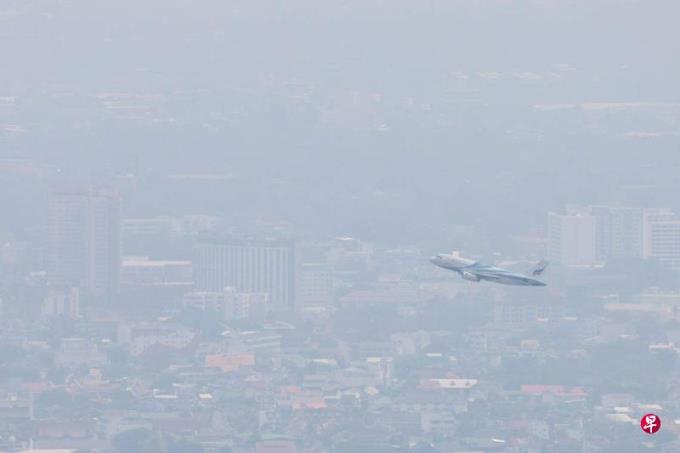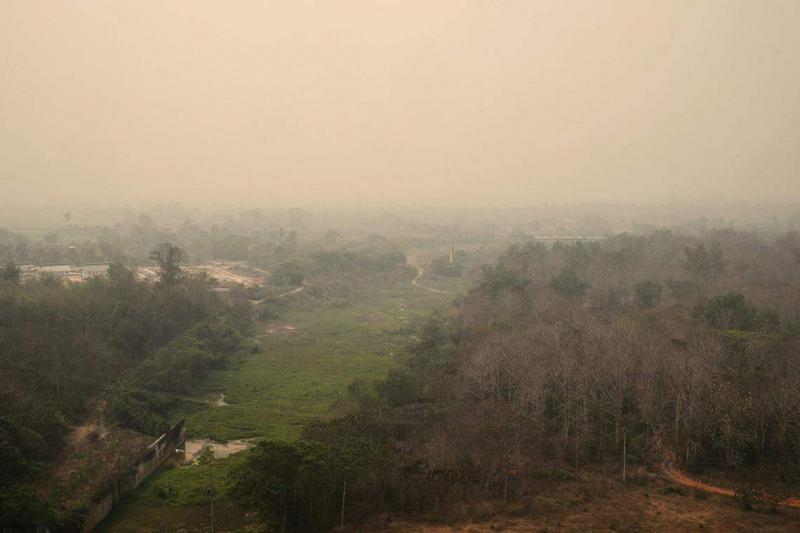
(Bangkok News) The Thai government plans to submit the first climate change bill to the cabinet for review in June this year.The ability to adapt to crisis and recovery.
Bangkok Post reported that the Thai climate change and the deputy director of the Environment Bureau Baweic said that the content involved in the bill is related to major departments, including the Ministry of Energy, Transportation, Agriculture and Industry, and interest -related stakeholders.It will collect opinions and data from the greenhouse gas emissions from all parties, and submit it to the natural resources and environmental policies and planning office to improve the bill.
He said that the official will hold a public hearing this week, and then the final version of the bill will be submitted to the cabinet.
He expects this bill to provide economic support for public sector and private enterprises, including applying for loans from banks and environmental funds to assist in investing in green technology in the public and private sector."The main information we want to convey is that I hope that all stakeholders can take strong actions to reduce greenhouse gas emissions."
The Thai climate change bill is drafted according to the Paris agreement.The Paris Agreement required 194 parties to formulate emission reduction plans by themselves, and jointly controlled the global average temperature increase within 2 degrees Celsius before industrialization, and tried to control the temperature heating within 1.5 degrees Celsius as much as possible.

Bavacic also said that the climate change and the Environment Bureau also considered carbon tax issues.Officials will discuss with the Taxation and Customs Bureau whether it can levy carbon taxes without seriously affecting the manufacturer.
In 2021, at the 26th United Nations Climate Change Conference (COP26) held at Gelasgow, Scotland, Thailand promised to achieve carbon neutrality by 2050 and the net zero -emission of greenhouse gas by 2065.To this end, Thailand has begun to promote their respective carbon dioxide emissions through various government agencies and public organizations to promote the private sector and public sectors, and formulate emission reduction plans.




